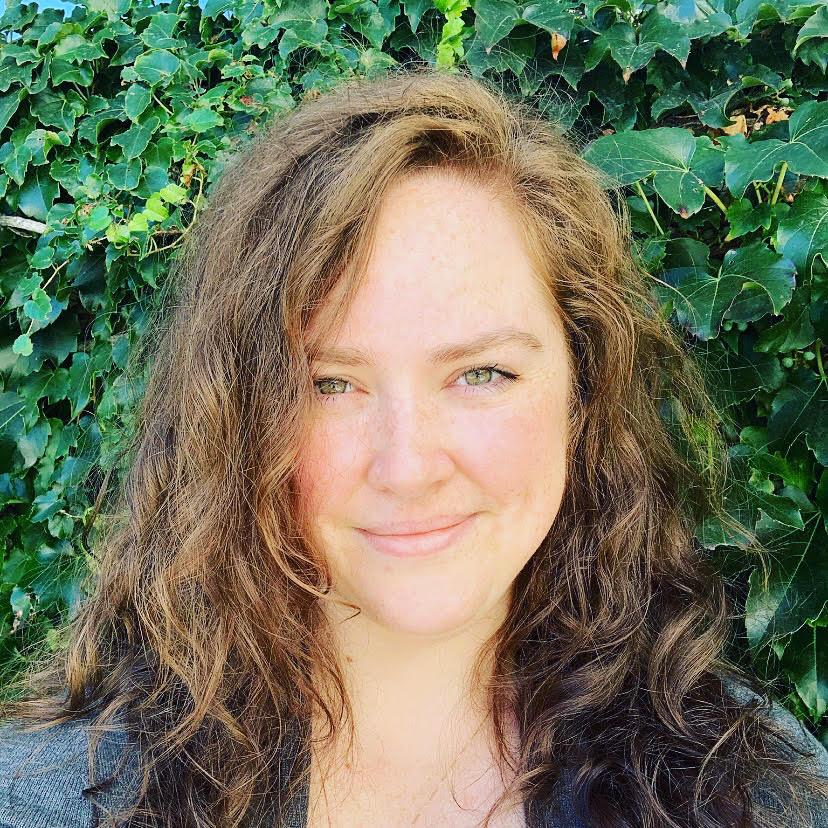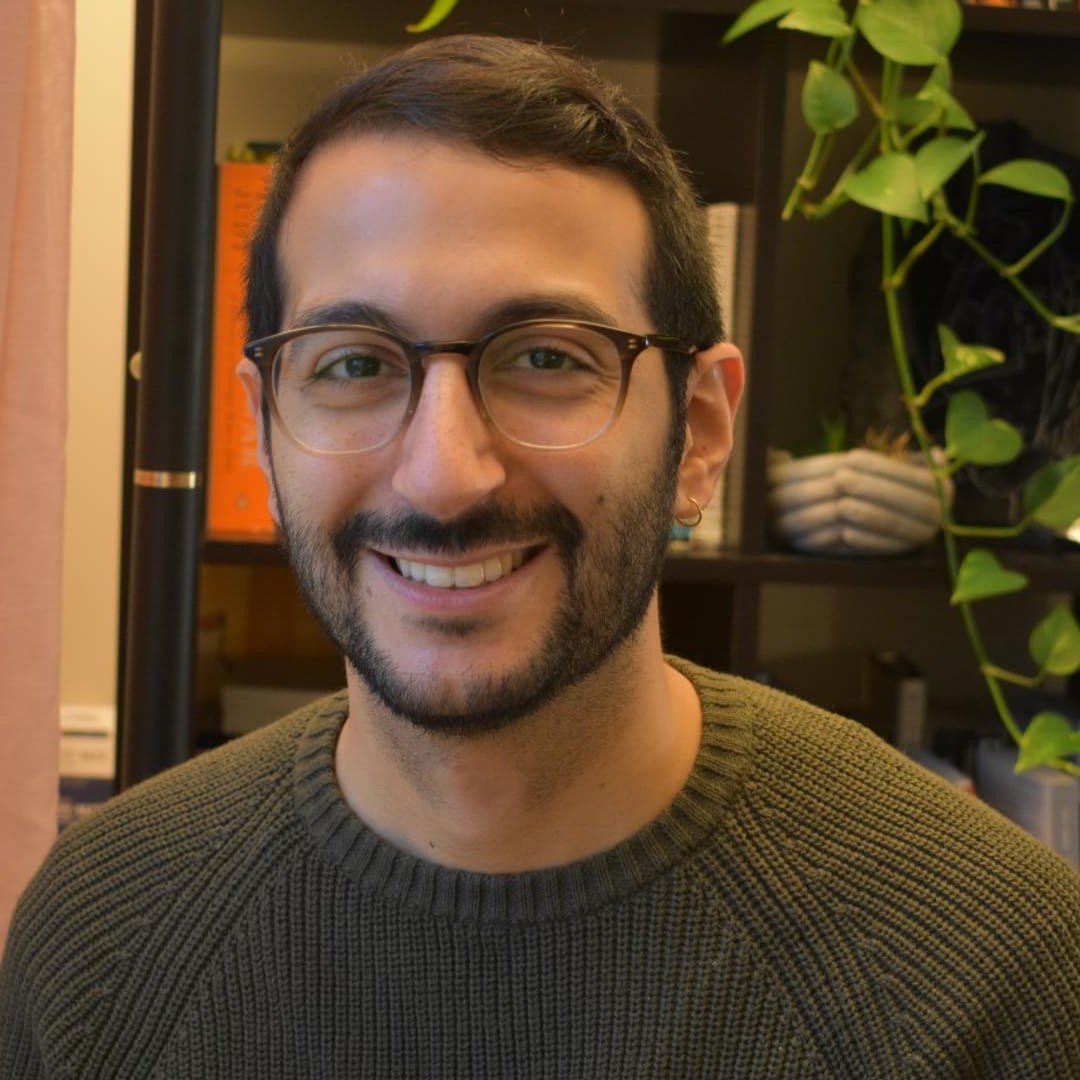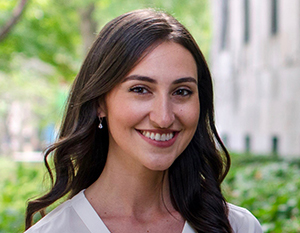
Looking for something?

Erin M. McConnell, Ph.D. (Chemistry)
Vincent Tabard-Cossa’s Lab
Department of Physics
University of Ottawa
Ottawa, ON, Canada
How did you become interested in the field of oligonucleotides?
My introduction to the field was through functional nucleic acids called aptamers – small pieces of DNA that act as molecular recognition tools. I learned about them as an undergraduate student while completing my B.Sc. in neuroscience and chemistry at Carleton University, from Prof. Maria C. DeRosa, who would become my Ph.D. supervisor.
Who were your early mentors?
I have been fortunate to have some incredible mentors during my career who continue to support and encourage me. Prof. Maria C. DeRosa (Carleton University) was my first research mentor. She taught me to celebrate the joys of research, and always encourages me to persevere through the tough parts. My Second research mentor, Prof. Yingfu Li, challenged me in new ways that made me a better researcher and mentor. Finally, my current supervisor Prof. Vincent Tabard-Cossa has taught me to be fearless in trying new things!
How did you become involved in OTS?
I applied to be a Trainee Rep on the BOD in 2019. This was one of the best decisions I’ve made to date!
Why do you continue to support the society?
OTS is truly unique in the supportive, encouraging atmosphere it creates, and is especially supportive of trainees and new members. Being on the BOD has given me an inside look at how passionate our members and staff are about doing amazing science and supporting exceptional researchers.
What is special about the type of research/work you have done?
Aptamers and DNAzymes are versatile molecular recognition elements that can be used in multiple ways ranging from diagnostics to therapeutics. In fact, therapeutic delivery platforms have been reported that utilize multiple aptamers, for example for targeting and as the therapeutic. Further, the programmability of functional nucleic acids can be judiciously taken advantage of to control their therapeutic effect – introducing the sequence complement creates an antidote.
What do you like to do in your free time?
In my free time I volunteer with multiple science outreach initiatives, foremost of those is my position as a National Advisor and STEM Expert for the Canadian Association for Girls in Science (CAGIS). I was also recently awarded a Bronze Merit Award for my efforts developing and providing members of Girl Guides of Canada with engaging STEM content, as a volunteer with the organization for over 15 years.
Any other fun facts/tidbits you would like us to know!
To keep healthy and have fun, I take traditional Scottish Highland dancing, and Ottawa Valley Step dancing lessons. I also teach primary and beginner Highland dance.








